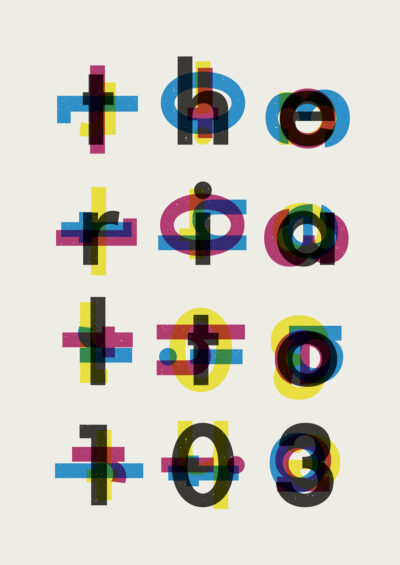I like the idea of the voice being betwixt and between. Moving from the body out to the world. Of belonging neither to the world of objects (not a bodily thing) nor to that dreadful (dead-full) world of text – where when we read, all we try to do is get what the text is about: consume the words and discard them, like greaseproof paper round fast food. I like the idea of the voice being breath and yet having meaning. Of being human: immediate, warm, vanishing and yet carrying something of ourselves. It’s voices I remember of people, not their words.
I was thinking about the voice because I read poems out loud to an audience last week. The physical act of reading semi-rhythmical words out loud, and for a few minutes, made me dizzy, not so much because of nerves, which I had, but also because of the reverberation of my own voice in my head – my skull became an echo chamber. And the breathing is deeper, goes into the furthest alveoli – at least, it feels that way. It feels as if different muscles are being used in the stomach. And afterwards, I felt as if I had done some mild, deep exercise, like swimming or yoga. I had a feeling of connectedness to my surroundings, which was also partly the effect of a different level of oxygen in my brain through my different breathing. The effects, therefore, for me as the reader of the poems, were as much physical as to do with what the poems were about.
Reading poems out loud reminded me of singing – I had a different sense of myself, for a bit I became an instrument (an untrained one). And unlike the musicians who use objects to make sound (a reed or a piece of metal), the singer herself or himself is the reed. And thinking about this further, I realised that it is not only speaking poetry out loud but also reading it on the page – and hearing my voice speaking the poems in my head – that gives me a similar experience. And I like poetry for this – for the words being connected to the voice and to the body, for it giving me ‘a sense of our presence as creatures’.
One of my favourite bits in the Elizabeth Bishop poem ‘The Moose’ is the voices of the old couple in the bus. It’s those voices, and that physical movement of travel, that leads Elizabeth Bishop into reverie: ‘In the creakings and noises,/an old conversation/– not concerning us,/but recognizable, somewhere,/back in the bus: Grandparents’ voices’. It leads to her half-dreamed memories of childhood, and leads up to that sudden, interrupting encounter with the moose. It’s that sense of participation but also of dreamy distance, bodiliness and out-of-bodiness, that poetry often gives me.
Of course, poetry is not music, and the meaning of words is important, but the sound, the voice, has a great appeal for me. And maybe words are not greasy wrapping for fast-food concepts but more like wrapping paper. And like all small children, the soul knows that the wrapping paper is much more fun, makes better noises, is more colourful, and strange, than whatever deliberate and considered gift lies within.
Richard Lambert







Homer was written to be spoken. So with Shakespeare (who wrote many fine songs). Come to think ot it, Dickens more or less invented the idea of the writer reading his work. I that he was rediscovering an ancient, oral tradition.
Music (I mentioned Shakespeare – you know the chap I mean)plays its part. Greek tragedy was chanted. (Cocteau revived that.) It’s easier to remember words that are sung. Bob Dylan and Leonard Cohen are poets whose lines are on the lips of many because they sing them. Sinatra said it was lyric that mattered.
Whatever you write you should speak. If it sounds well it is worth writing.